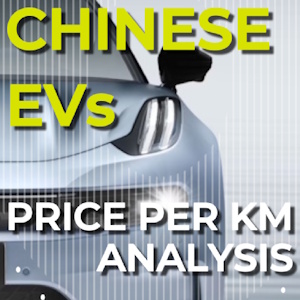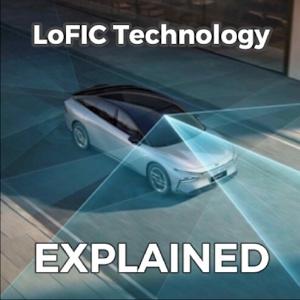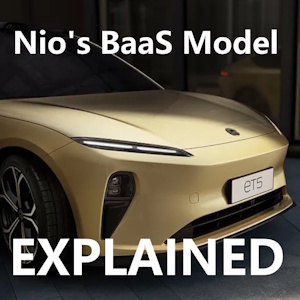China’s leadership has been calling for what President Xi Jinping describes as “high-quality development”—a strategy focused on better regulation, stronger trade oversight, and higher product standards rather than sheer growth.
The goal is to ensure that EVs leaving China meet consistent quality and service standards while giving the government tighter control over a booming export sector.
Related: EU to Remain a Key Target for Chinese EV Manufacturers
What the New Rules Involve
The new regulation, announced jointly by four Chinese ministries, will make export licenses mandatory for all BEV shipments. Customs will inspect vehicles using existing commodity classification rules, and companies will have to apply for qualifications before exporting.

The stated aim is to curb unauthorized exports and ensure proper after-sales support, especially for vehicles that require regular software updates. In recent years, some private exports have led to complaints from overseas buyers when vehicles didn’t receive updates or service.
Related: Affordable EVs in Europe: What’s on Offer Under €30,000
China’s electric vehicle exports are growing rapidly. In August 2025 alone, the country exported 220,000 BEVs, a 48% year-on-year increase, representing 31% of total vehicle exports. From January to August, 1.44 million BEVs were exported, up 27% compared with the same period in 2024. Most shipments currently go to European Union markets, with growing—though more volatile—demand in Southeast Asia and the Middle East.
Potential Impact on the EV Industry
While the new licensing system is meant to protect quality and strengthen oversight, it also introduces more steps for exporters. This move might bring more complexity to EV exports, since government supervision (especially in non-democratic countries) often results in burgeoning bureaucracy and higher costs.
Related: The EU’s Tariffs on Chinese EVs – A Detailed Overview
For large automakers, adapting to these new requirements will likely be manageable, though it may add compliance expenses and slow the export process. Smaller EV startups, however, could face delays or struggle to meet licensing conditions, which might limit their international reach.
FAQ
What is changing in 2026?
Starting 1 January 2026, all exports of pure electric passenger vehicles from China will require an official export license.
Why is China doing this now?
The measure aligns with President Xi Jinping’s policy of “high-quality development,” aiming to improve product oversight, reduce unauthorized exports, and maintain strong after-sales standards abroad.
Which vehicles are affected?
Only pure battery electric passenger vehicles (BEVs) are included. Hybrids and commercial vehicles are not explicitly mentioned.
Will this slow exports?
Possibly, especially in the early stages. Added paperwork and compliance checks may delay shipments and raise costs for exporters.
Who is most impacted?
Smaller manufacturers and trading firms that relied on informal export channels are likely to face the greatest challenges.
Where are Chinese EVs exported today?
The European Union is currently the largest market, with additional shipments heading to Southeast Asia and the Middle East.

Featured Image Credit: YAN YAN/XINHUA
News Source: Link










